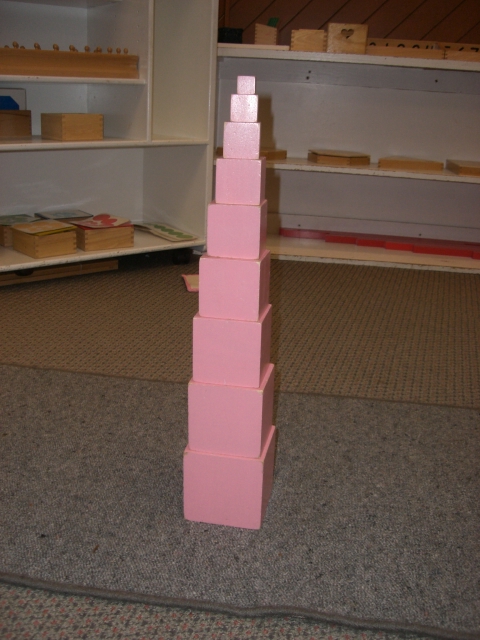It's the most distinctive aspect of loss to suicide ~ one which, apparently no one escapes:
The self-blame, the questioning, that conviction that had you seen, understood, said, done something differently, your loved one would still be alive.
People often blame themselves after a loved one dies. They blame themselves for things beyond their control ~ if I had only left five minutes earlier or later, if I had only made her a reservation for tomorrow, if I had only gotten up before noon or gone to bed after midnight. They blame themselves for the outcomes of events over which they did, in fact, have some oversight but, ultimately, no control. In Giant Famous Hospital last summer, I frequently heard refrains along the lines of ~ if only we had gone to a specialist sooner, if only we had not gone to a specialist, if only she had done that clinical trial, if only he had stayed home and accepted hospice. Self-blame is rampant when people imagine themelves to have had the knowledge and will and capacity to save someone, whether from death itself, or from prolonged suffering prior to death.
In the case of suicide, however, the all-encompassing and overwhelming nature of self-recrimination puts it in a whole different league. What did I miss? What did I fail to understand? What could I have done differently? THIS IS MY FAULT.
My own experience in the first weeks and months after our son's death was that whenever I wasn't consumed by my sense of loss, by the realization that my son was truly and completely gone, I was obsessed with the examination of every detail of his life, especially in its final months. Every word he said or wrote, to me or to anyone else. Everything he did, everyplace he went. Every detail of our last conversations, of the appearance of his apartment, of our last week-end together.
I was sure that something would tell me what I could have done to avert this catastrophe.
It is, perhaps, worse for parents ~ although, how would I know? I have experienced this loss only as a mother.
I recall, oddly enough, the first time that one of my children had any kind of physical injury. Our boys were eighteen months old and we had gone to Florida for a week in February. I had bought them some inexpensive sneakers, not wanting to spend much money since I figured they would outgrow their shoes before it got warm enough at home for them to run around outside.
A day or two into the Florida trip, Gregarious Son had a blister on his heel. What was I thinking, to buy such cheap shoes off the shelf? I wondered. I felt terrible that his playtime in the sunshine was hampered by a sore foot, and went off to purchase some sandals so the blister could heel.
If a mother can feel that responsible for a blister, imagine how she feels when another of her children dies by suicide 23 years later.
It is a terrible, pervasive horrific sense of guilt. I have replayed every word, every glance, every gesture, brought them all out into the open and examined them under a multitude of microscopes.
There is, of course, no satisfactory answer. In the Suicide Surviors group I sometimes attend, we talked one night about what we know now that we wish we had known then. But we didn't know then, and we couldn't have known ~ for, despite the depth of pain that most of us feel during various dark periods of our lives, we do not respond with thoughts of sucide. We couldn't have known, because it was nowhere within the realm of our personal experience or imagination that someone might respond in such a way, might even be thinking about any such thing,
The intensity of the feelings of self-recrimination are the one thing that I have found does fade. It helped to read a Suicide Survivors document that said, "If you had been responsible for this death, it would not have happened." It has helped to listen to other survivors articulate the same feelings, to see their love and concern for their loved ones, to see and hear about what they invested in people now gone, to be able to respond to them without hesitation and with a sense of absolute assurance that they are not to blame ~ and to realize that they can say, do say, the same to me.
I no longer spend much time thinking about what I should have, could have, would have done.
But I would have. I would have done anything.










